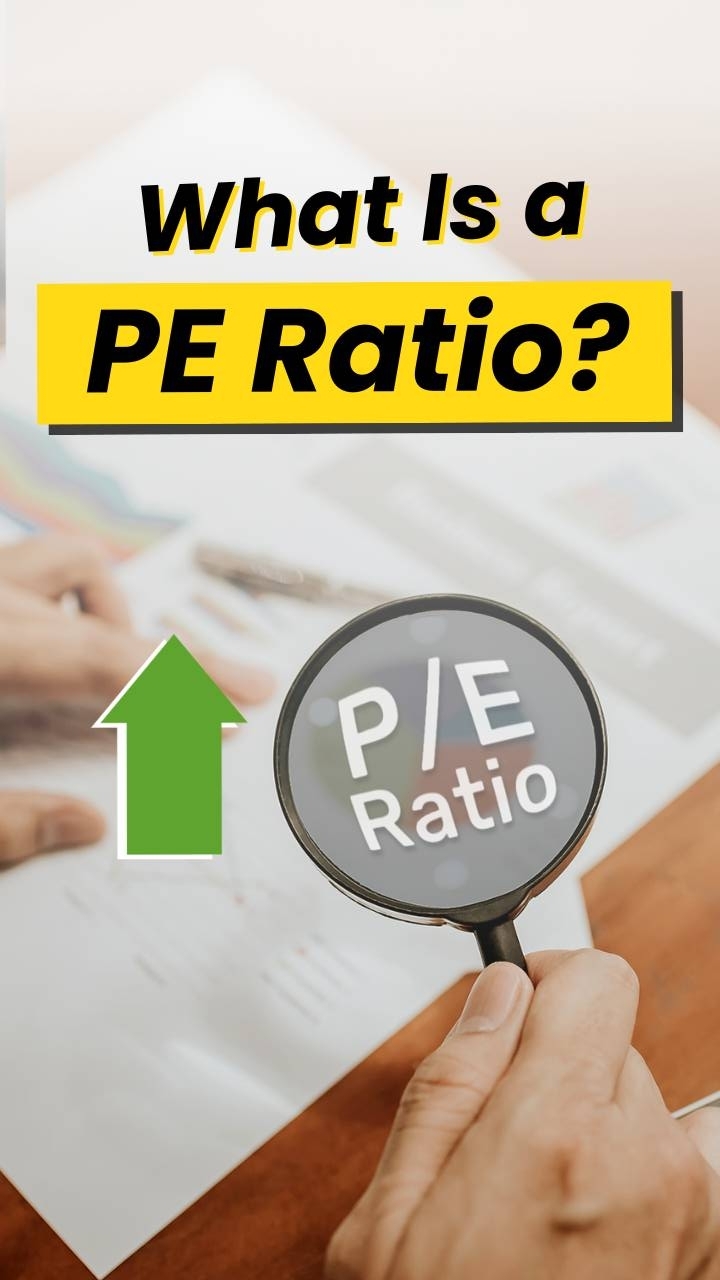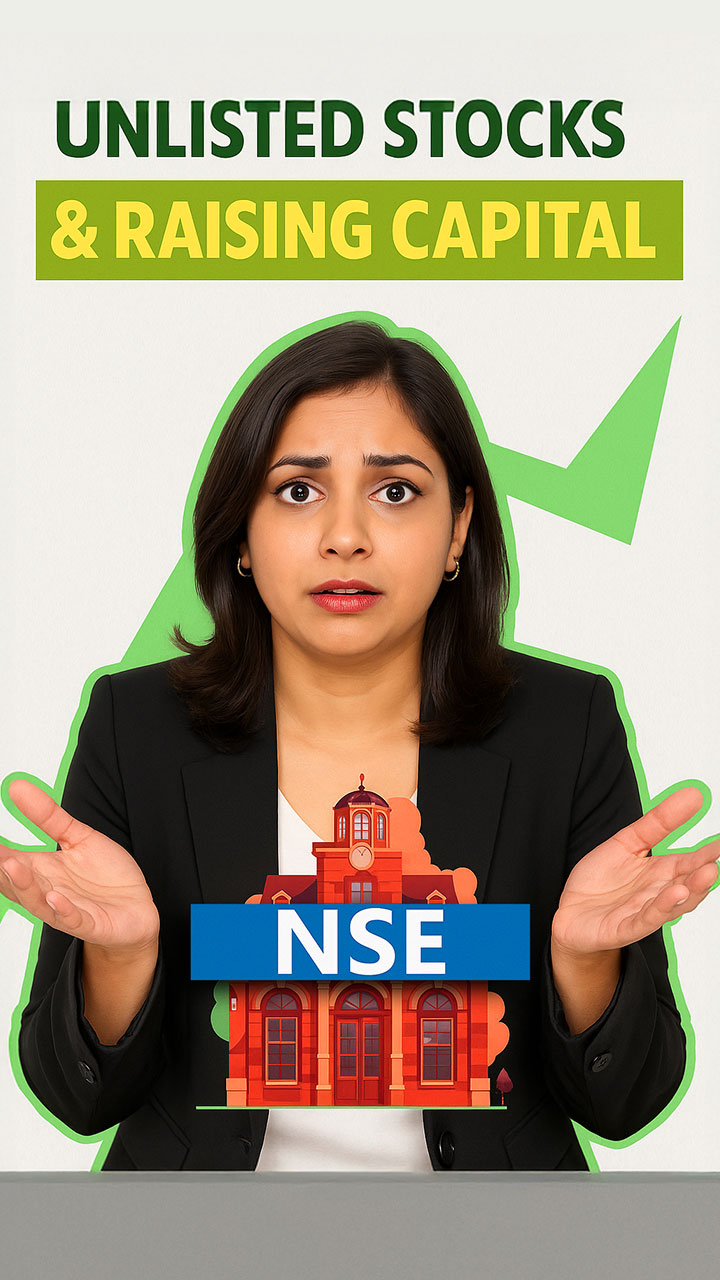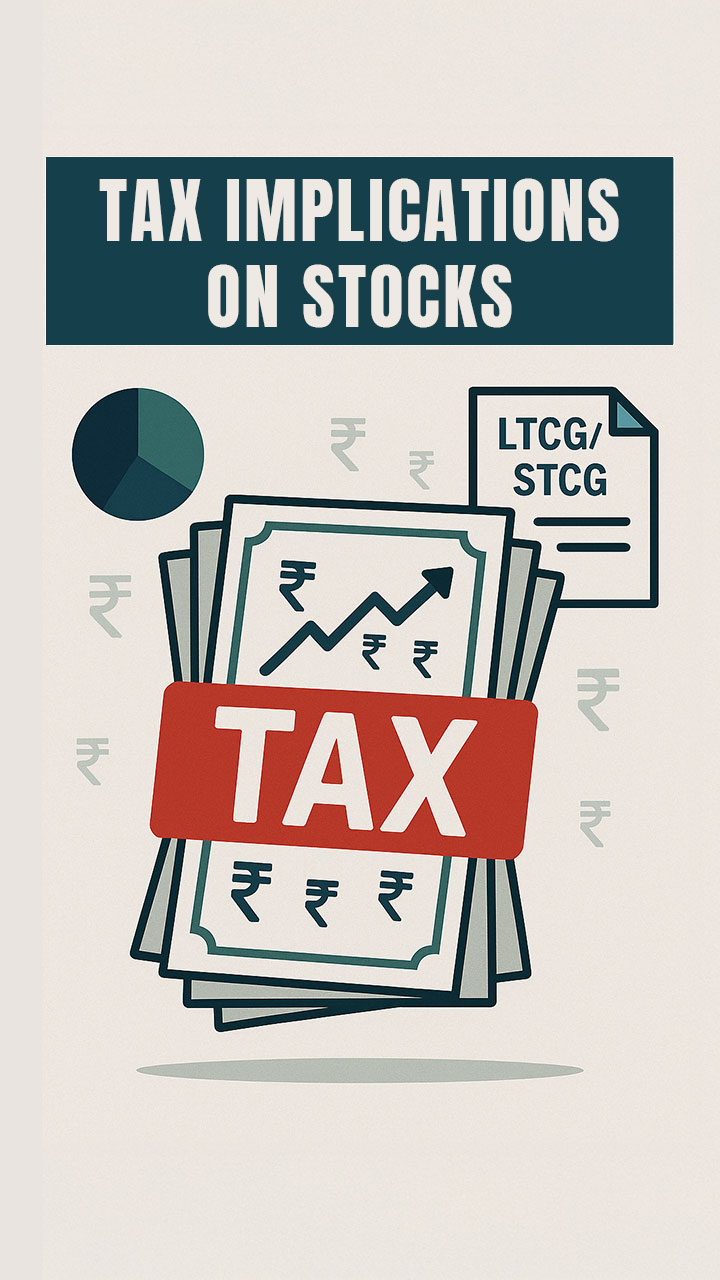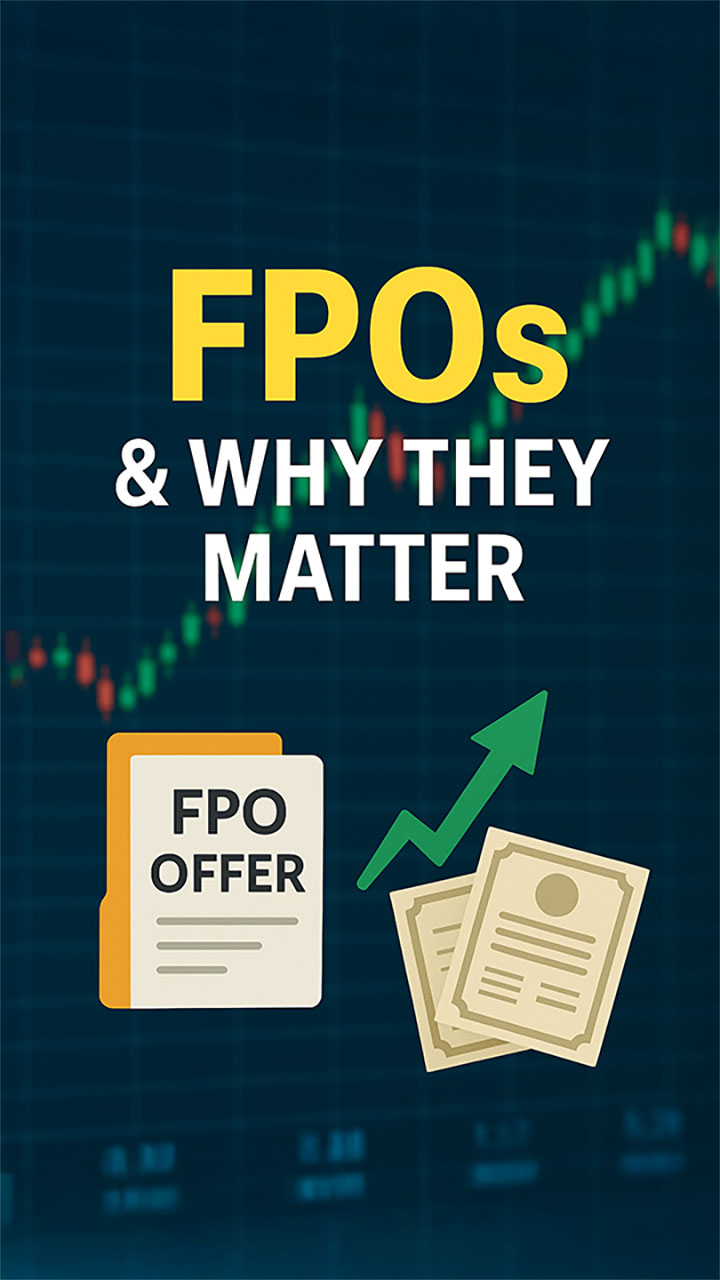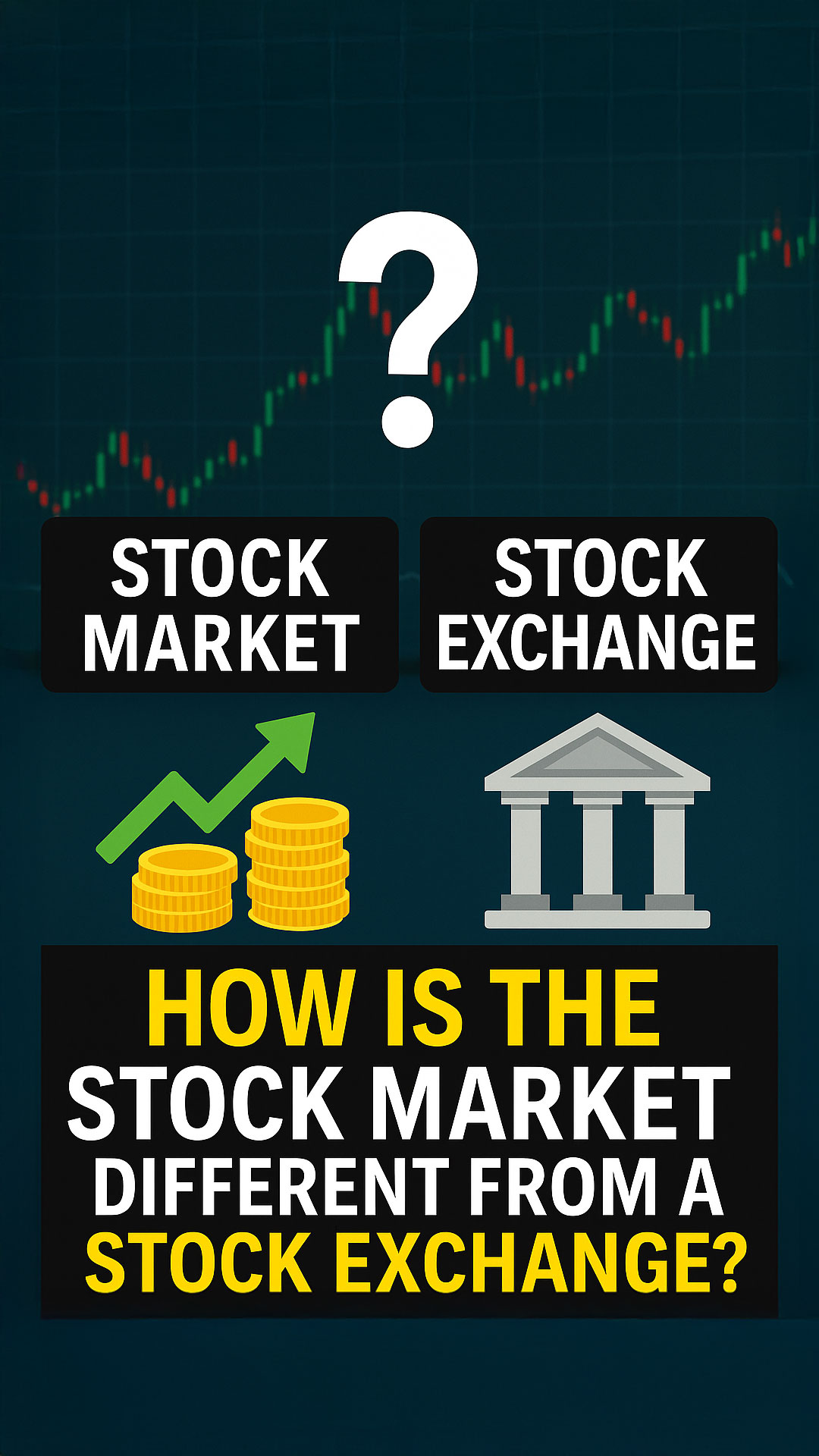How to Begin Your Journey of Investing in Stocks
Investing in stocks could need a few essentials before you begin. In this video, we’ll take you through the steps that might help you set up your account, organise documents, and get ready to trade.
We’ll start with a SEBI-registered depository participant or DP. You’ll learn that a DP acts as the link between you and central depositories like NSDL and CDSL.
We’ll discuss how a Demat account holds your shares digitally whereas a Trading account helps with buying and selling them. We’ll talk about documents like your PAN, Aadhaar, passport, voter ID, bank passbook, etc. that you might need to keep handy.
We’ll look at the account opening process, from filling in personal details to uploading KYC documents and e-signing the form. We’ll see how once your accounts are active, you could link them to make your transactions smoother and hassle-free.
We’ll also explore how you might need to add funds to your Trading account to be able to buy and sell shares. We’ll learn how you could do so through UPI, net banking, or other methods.
With these essentials in place, you could be all set to start your stock market journey.

Key Takeaways
A SEBI-registered depository participant or DP acts as the link between you and central depositories like NSDL and CDSL
The DP could assist in opening and managing your Demat and Trading accounts
Banks, stockbrokers, or financial institutions that are registered with SEBI can be chosen as DPs
A Demat account might help hold your shares securely in a digital format
A Trading account could be used to buy and sell shares in the stock market
You might need to keep documents like PAN, Aadhaar, passport, voter ID, bank details, etc. handy to open a Demat and Trading account
The account opening process could include filling out details, uploading KYC documents, and e-signing the form
Once the accounts are active, you could link them for smoother transactions
Adding funds to your Trading account could be necessary to begin purchasing and selling shares
Funds might be added using UPI, net banking, NEFT, IMPS, or other convenient payment methods
What to Watch Next
Bites

















